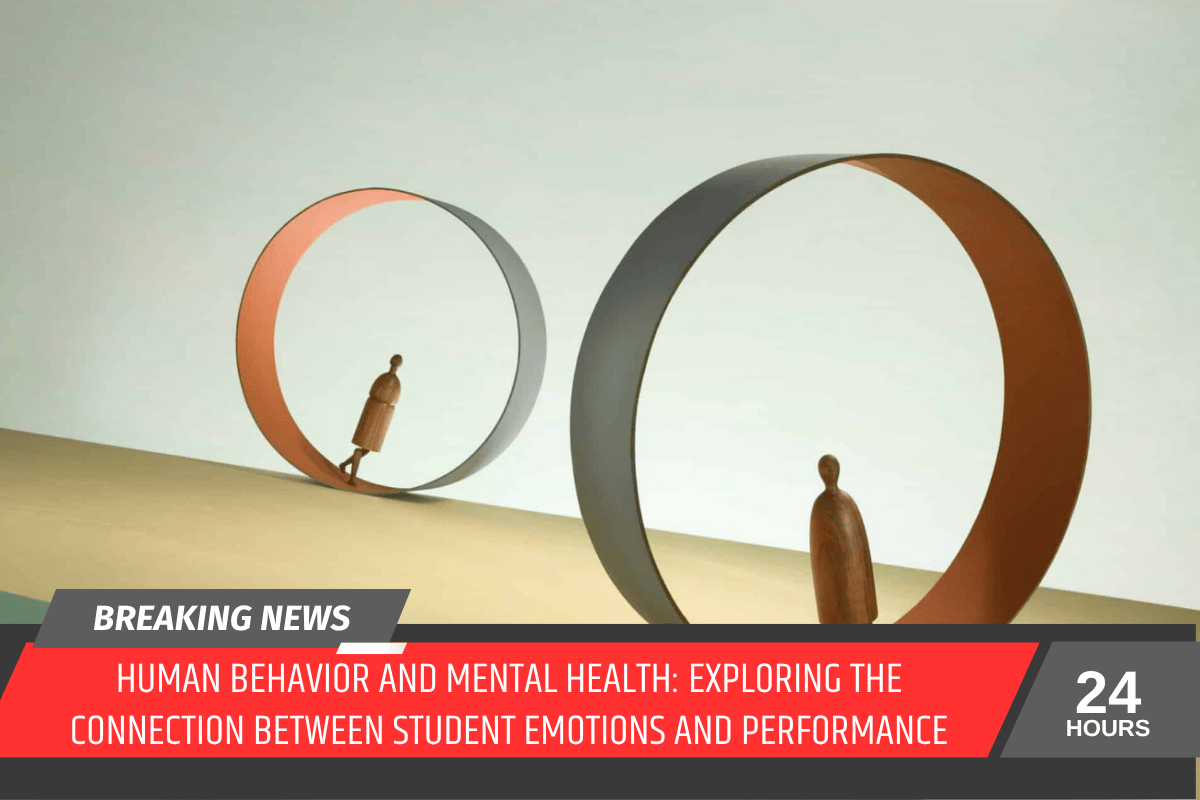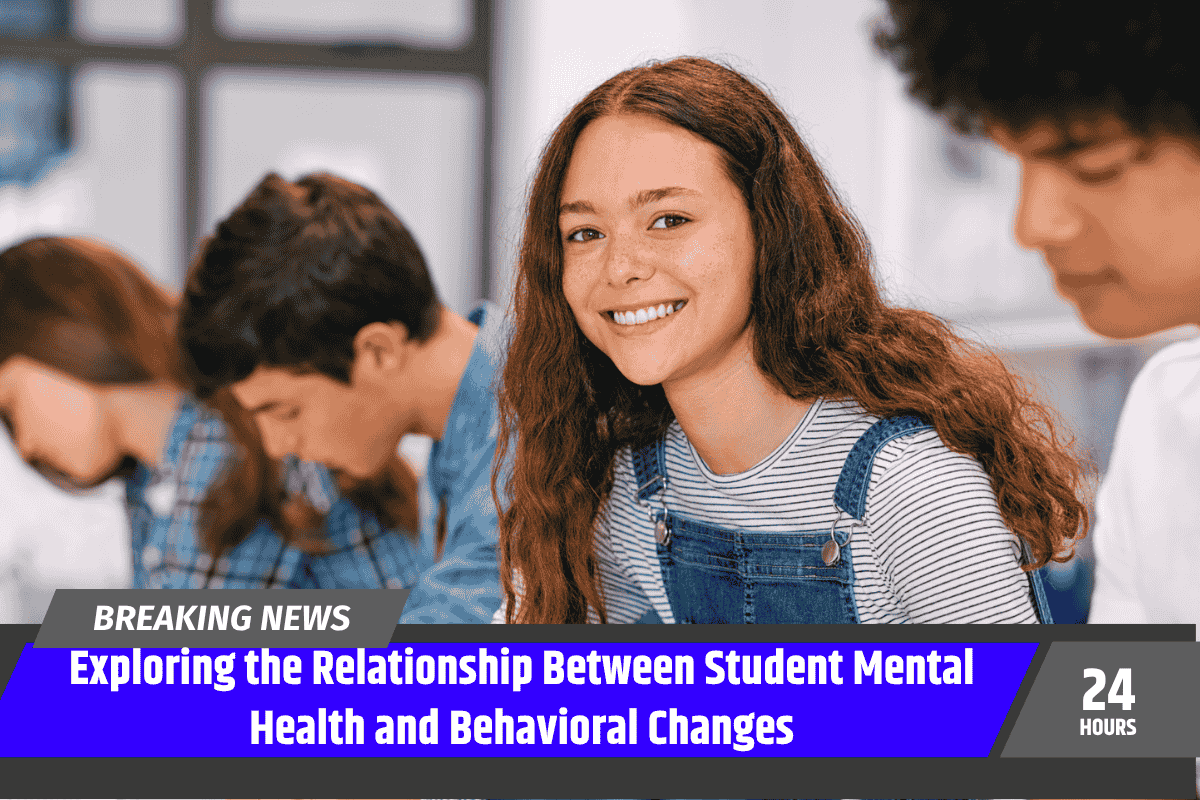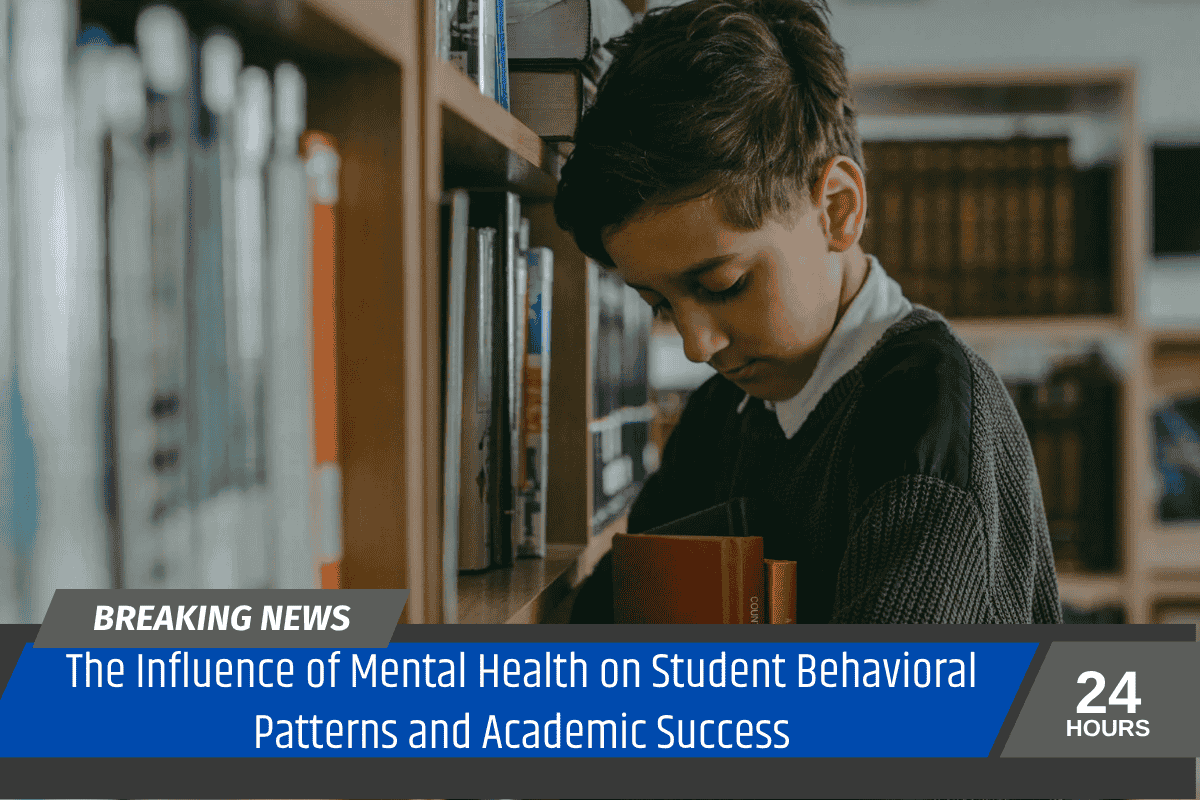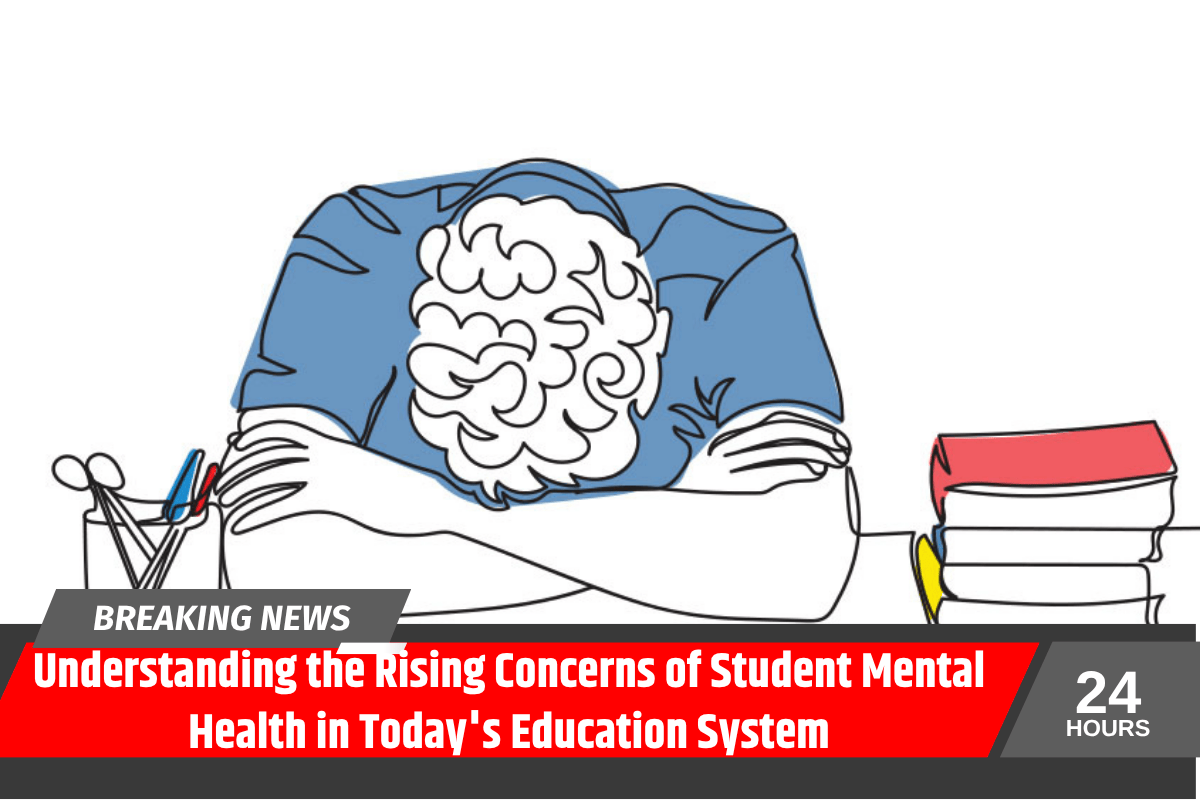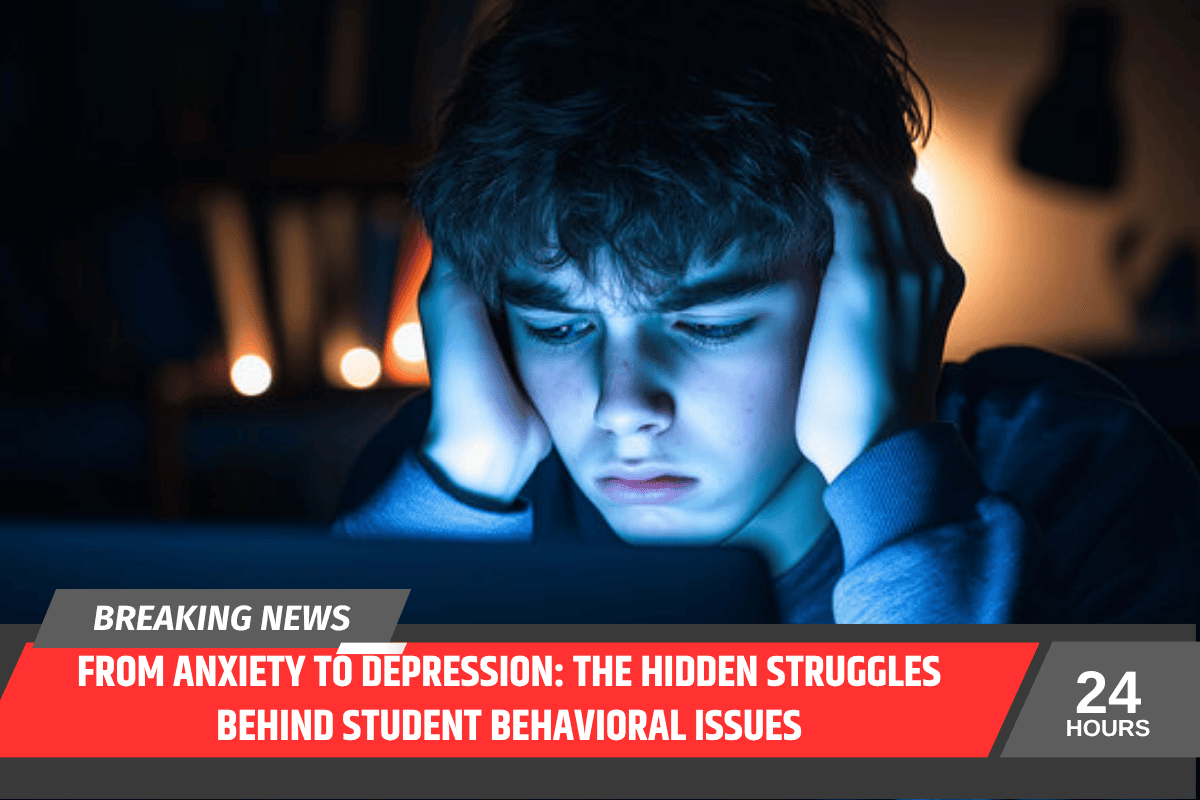Understanding the connection between human behavior, mental health, and academic performance is essential, especially when it comes to students. Emotions play a significant role in shaping how students learn, behave, and perform in their studies.
Whether it’s stress, anxiety, or motivation, a student’s emotional state can directly influence their ability to concentrate, retain information, and succeed academically.
In this article, we will explore how emotions affect student performance and what can be done to help students manage their mental health for better academic outcomes.
The Link Between Emotions and Mental Health
Emotions are a natural part of every individual’s life and can have both positive and negative impacts on how they function. For students, emotions like excitement, happiness, or motivation can drive them to work harder, participate actively in classes, and perform better in exams.
On the other hand, negative emotions such as stress, anxiety, sadness, or frustration can hinder a student’s ability to concentrate and learn effectively.
Mental health problems like depression and anxiety are common among students, especially during stressful periods like exams or deadlines.
When a student’s emotional well-being is compromised, it can lead to difficulties in focusing on studies, lack of motivation, and even physical symptoms like headaches or fatigue. Therefore, it’s clear that emotional and mental health issues are closely tied to academic performance.
How Emotions Affect Learning and Performance
The emotional state of a student can significantly impact their ability to learn and retain information. When students experience stress or anxiety, their minds often become overwhelmed with negative thoughts, making it hard to concentrate.
The brain’s ability to process information and store it for later use is affected. Stress, for example, triggers the release of hormones like cortisol, which can impair memory and cognitive function, leading to lower performance in school.
On the other hand, positive emotions can enhance learning. When students feel motivated, happy, and confident, they are more likely to approach their studies with a positive mindset. This positive state of mind allows them to concentrate better, engage more actively in class, and retain information more effectively. This shows the significant role emotions play in how well students perform academically.
The Impact of Mental Health Issues on Academic Achievement
Mental health issues are a growing concern among students worldwide. Conditions such as anxiety, depression, and stress not only affect a student’s emotional well-being but also have a direct impact on their academic performance.
A student struggling with mental health may find it difficult to attend classes regularly, complete assignments on time, or participate in group activities.
Depression, for example, is often associated with a lack of interest in activities, including studying. A student with depression may feel apathetic about their studies, leading to poor performance and a lack of motivation.
Similarly, students dealing with anxiety may struggle with test-taking or speaking in front of others, which can affect their grades and overall performance.
Coping Strategies for Students
Understanding the connection between emotions, mental health, and academic performance is essential for both students and educators. It is important to recognize when a student may be struggling emotionally and offer support.
Here are some coping strategies that can help students manage their emotions and improve their mental health:
- Mindfulness and Relaxation Techniques: Practices like meditation, deep breathing, or yoga can help students manage stress and anxiety. These techniques help calm the mind, improve focus, and increase emotional resilience.
- Time Management: Effective time management can reduce the pressure of deadlines and exams. Students should break down their tasks into smaller, manageable chunks and prioritize their work to avoid feeling overwhelmed.
- Physical Activity: Exercise has been shown to reduce stress and improve mood. Regular physical activity can help students release built-up tension and increase energy levels, contributing to better mental health.
- Social Support: Having a strong support system of friends, family, or even school counselors can make a significant difference in managing mental health. Talking about one’s problems and getting advice from trusted individuals can help reduce feelings of isolation and stress.
- Seeking Professional Help: In cases where students face significant mental health challenges, it is essential to seek professional help. Mental health professionals can provide therapy, counseling, or other treatments to help students cope with their emotions and improve their overall well-being.
The connection between human behavior, mental health, and student performance is undeniable. Emotions play a major role in how students learn and perform academically. While positive emotions can enhance academic success, negative emotions can hinder a student’s ability to focus, learn, and perform well in school.
It is crucial for both students and educators to recognize the importance of mental health and take proactive steps to manage emotions effectively. By implementing coping strategies and seeking support when needed, students can improve their emotional well-being and, ultimately, their academic performance.
